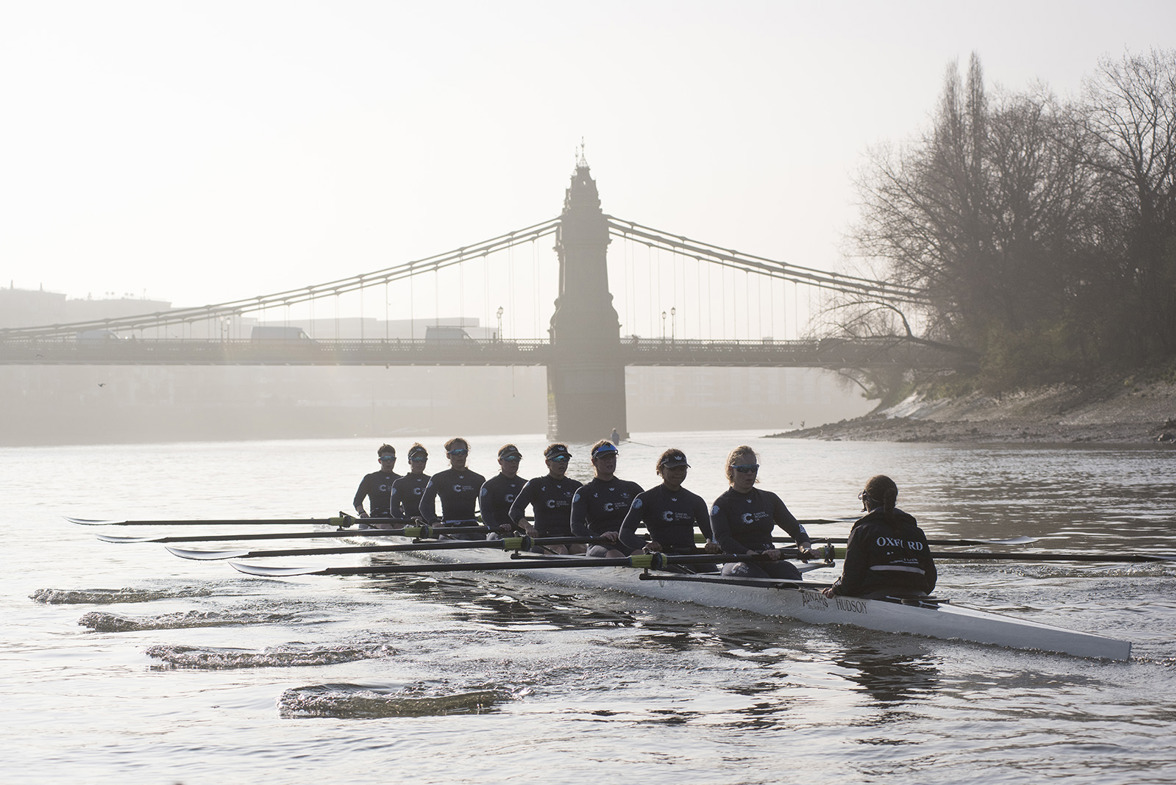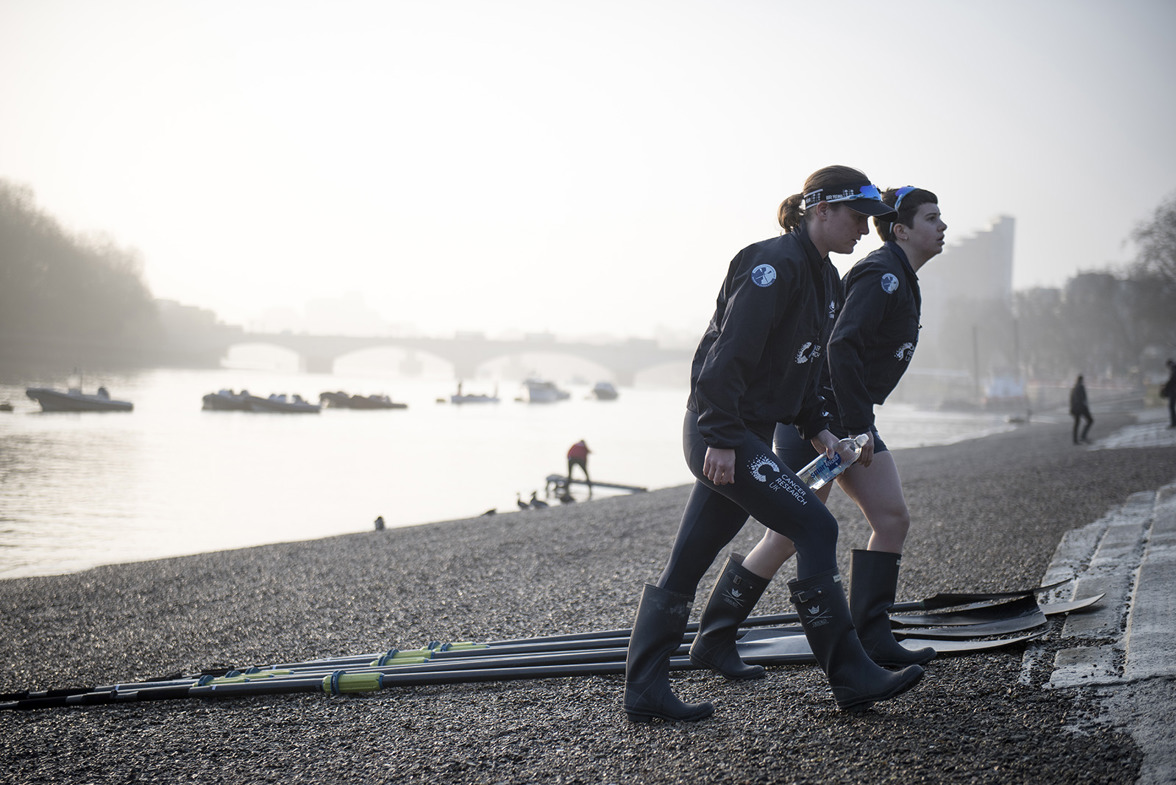Rebecca Esselstein (Ohio & New College 2015) rowed for Oxford in the 2017 Boat Race. She shares how she became involved in rowing and how to overcome failure.
Upon arriving in Oxford, I felt a bit lost. I had been expecting it. After four years enveloped in the bubble of a US service academy, where a rigid structure defined my days and the constant rack-and-stack of cadets in the graduation order of merit, based not only on academic performance but military and physical, kept me on my toes, I knew that the freedom of a DPhil programme at Oxford would be both a welcome blessing and a difficult curse.
After the first couple of weeks settling into my new environment, I found myself struggling with a minor identity crisis. I didn’t have the external validation of grades by which to gauge my academic efforts. A former Division I athlete in track and cross country, I was having difficulty measuring fitness standards by something other than how fast I could run.
It was at this relatively low point that I found rowing.
Introduced to rowing through my college’s boat club in my first year, I immediately got addicted to the sport. I was a scrappy novice, but I found myself training outside my college’s sessions to get stronger. I soon realised that rowing at the college level wasn’t enough. I wanted to seem how good I could get, and I sorely missed competing at a higher level.
I decided to trial for the University squad the following year, to attempt to be a Blue. And in the back of my mind, getting to row in the Boat Race would be the validation I needed, that external signature of success that proved I was the same purposeful, driven individual from undergrad. If I couldn’t get it through my programme, I was going to do it through rowing.



